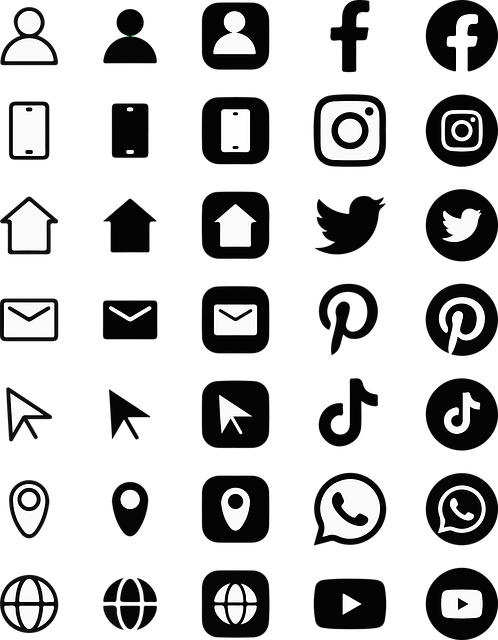
WhatsApp, while requiring an active internet connection for real-time messaging, offers valuable offline capabilities like message saving and media downloads. Features like "Use less data" settings further optimize performance on limited plans. For ESL teaching and digital citizenship education, these offline functions enable continuous communication despite variable network availability, enhancing learning experiences in remote or low-connectivity areas.
Can you send messages and stay connected without the internet? This introduction delves into the offline capabilities of WhatsApp, a popular messaging platform. While WhatsApp is designed for seamless online communication, there are limited options for offline access. This article explores WhatsApp’s internet requirements and uncovers ways to utilize its messaging features even when disconnected. From understanding the app’s limitations to discovering alternative offline messaging solutions, this guide offers insights for those seeking greater flexibility in their digital communication.
- Understanding WhatsApp's Internet Requirements
- Limited Offline Functionality
- Exploring Offline Messaging Options
Understanding WhatsApp's Internet Requirements

WhatsApp has become an indispensable communication tool for many, offering instant messaging, voice and video calls, and even cloud-based file sharing. However, understanding its internet requirements is crucial, especially when considering scenarios where online connectivity might be limited. While WhatsApp itself requires a stable internet connection to function properly, there are ways to utilize certain features offline.
For instance, after downloading and installing WhatsApp on your device, it allows users to save messages for later reading without needing an active internet link. This is particularly useful when preparing for exams (test-taking strategies guide) or engaging in a job search preparation for students, ensuring you have access to important communication even in areas with poor connectivity. Moreover, certain settings can be adjusted to optimize the app’s performance offline, such as enabling the “Use less data” option, which can be beneficial for financial literacy for youth who might be on limited data plans. If you encounter any issues, give us a call at creative problem solving techniques; our team is always ready to assist.
Limited Offline Functionality

WhatsApp is primarily designed to function seamlessly with an active internet connection. While it offers some offline capabilities, they are limited in comparison to its online features. When disconnected from the internet, users can still access previously downloaded messages and media files locally on their devices. However, sending or receiving new messages requires a stable network connection.
For ESL teaching methods or digital citizenship education, having offline accessibility could be beneficial for students with varied connectivity options. While WhatsApp doesn’t currently support extensive offline usage, such as composing or reading messages without an internet link, users can still engage in basic communication when connected and then continue interacting later while offline. Reading comprehension strategies and public speaking anxiety relief might also benefit from this limited offline functionality, allowing individuals to stay connected even when network availability is inconsistent. To explore more about how technology enhances learning, visit us at budgeting and saving tips anytime.
Exploring Offline Messaging Options

WhatsApp is designed to be a communication powerhouse, but what if you want to send messages without an internet connection? Luckily, WhatsApp offers several offline messaging options that enhance its usability and accessibility. One notable feature is the ability to download media, such as images and videos, from chats for viewing or sharing later when connected. This ensures that users can engage in meaningful conversations even without constant connectivity.
Furthermore, certain functions like sending messages, making voice notes, and accessing saved messages from your chat history can be utilized offline. This functionality is particularly beneficial for those in remote areas or with intermittent internet access. So, whether you’re planning a trip to a region with limited connectivity or simply want to manage your data usage, exploring WhatsApp’s offline capabilities offers a seamless messaging experience that extends beyond traditional online limits. Visit us at history essay topics anytime for more insights on leveraging digital tools effectively.
While WhatsApp is primarily a digital communication platform reliant on an active internet connection, it does offer limited offline functionality. Through features like message caching and selective offline reading, users can access and interact with messages even without a connected data plan. However, for full functionality and the latest updates, maintaining an internet connection remains essential. Thus, while WhatsApp’s offline capabilities provide some flexibility, they don’t fully revolutionize its usage beyond online connectivity.





